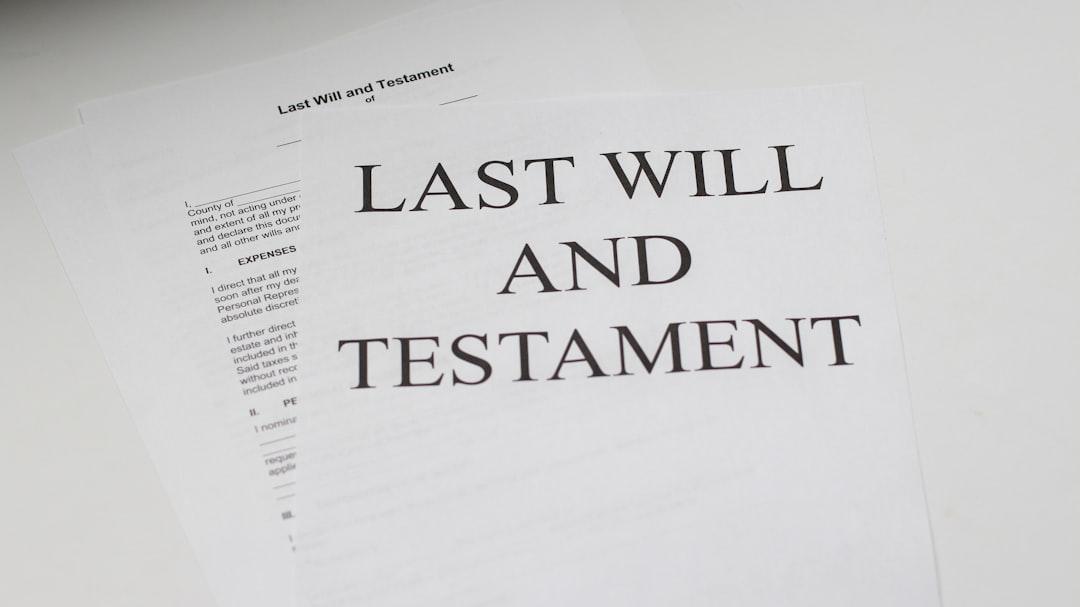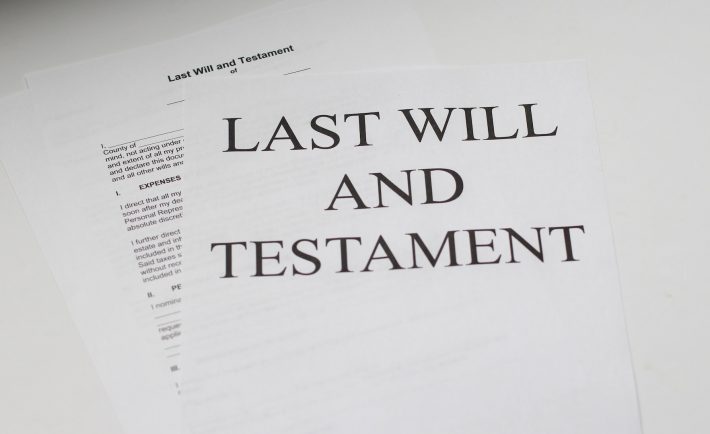Cryptocurrencies have taken the world by storm, and with the rise of digital currencies like Bitcoin and Ethereum, millions of people are jumping on the crypto bandwagon. As crypto becomes more mainstream, a new question is popping up: “Are cryptocurrencies taxable?”
Tax laws and regulations can feel overwhelming, especially in a space as new as cryptocurrency. Luckily, understanding how taxes apply to crypto doesn’t have to be complicated. This article will break it down so you can stay on the right side of the tax authorities and still enjoy the wild ride in the crypto world.
Cryptocurrency and Taxes
Cryptocurrencies are taxable in most countries, but how they’re taxed can vary significantly. Generally, tax authorities worldwide treat cryptocurrencies as property or income, depending on how they’re used.
In the United States, the IRS has clarified that cryptocurrencies are taxed as property, meaning any sale or trade resulting in profit triggers a taxable event, much like selling stocks. The UK follows a similar approach, with capital gains tax applying to crypto assets. Meanwhile, in Japan, any gains from the sale of crypto are treated as miscellaneous income and taxed accordingly.
Wherever you are in the world, the tax authorities are starting to pay attention to crypto. From selling your Bitcoin stash to swapping Ethereum for Litecoin, taxable events are becoming hard to escape — so it’s vital to know how your country handles them.
Crypto Exchanges and Taxation
Whether you’re using a Singapore crypto exchange or a platform based in Europe or the U.S., crypto exchanges are key players in taxation. Many exchanges are now required to provide detailed reports on user transactions to their respective governments, making it easier for tax authorities to track taxable events.
For example, in the United States, exchanges like Coinbase must report large transactions to the IRS, ensuring that users are paying taxes on any gains. European countries are similarly working to increase transparency, with crypto exchange regulations tightening across the EU.
In Singapore, exchanges are crucial for tracking transactions, especially as more investors turn to these platforms for trading and investment. With this global trend of increased regulation, it’s more important than ever for crypto users to maintain detailed records of their transactions to stay compliant with tax laws.
Capital Gains vs. Income: How Cryptocurrencies Are Taxed
Different countries have different approaches when it comes to taxing cryptocurrencies. Generally, taxes fall into two categories: capital gains and income. The distinction depends on how you acquire and use your crypto.
In the United States, the UK, and much of Europe, selling your crypto for a profit is typically taxed as a capital gain. But if you’re earning cryptocurrency through mining, staking, or getting paid in Bitcoin, then that’s considered income and taxed differently. Australia also follows a similar model.
In countries like Japan and South Korea, tax laws are even stricter, treating crypto gains as income across the board. Japan, in particular, taxes crypto profits at rates as high as 55% for significant gains.
Tax Reporting: How to Stay Compliant
Regardless of where you live, tax compliance regarding cryptocurrencies often boils down to one thing: record-keeping. Start by keeping detailed records of every transaction you make — whether you’re buying, selling, trading, or using crypto to make purchases.
Many countries offer software tools or apps to help track transactions across exchanges and wallets. Some exchanges, like those in the U.S. or Europe, may automatically generate reports that detail your transactions, making tax filing easier. But remember, the responsibility to report accurately still falls on the investor.
The Consequences of Failing to Report Crypto Taxes Globally
What happens if you don’t report your cryptocurrency transactions? Well, it’s not worth the risk. Around the world, tax authorities are getting increasingly sophisticated in tracking crypto activities.
Failing to report crypto taxes can lead to penalties, audits, and fines. Worse yet, serious tax evasion cases can even result in criminal charges in countries like the U.K. and South Korea.
Intentional tax evasion or failure to comply with regulations could land you in hot water. With governments worldwide tightening the noose on crypto tax evasion, staying compliant is more important than ever. It’s better to stay ahead of the curve and be transparent about your crypto dealings than to face an unwelcome surprise down the line.
Staying Informed Across Borders
As the world of cryptocurrency continues to grow, so too do the tax rules that govern it. From the U.S. to Singapore, Japan to the U.K., understanding the tax implications of your crypto transactions is crucial to staying on the right side of the law.
Whether your country treats crypto as capital gains, income, or something else entirely, staying informed will keep you ahead of the game. As regulations evolve, keeping up with the latest tax developments ensures that you can enjoy the benefits of digital currency without getting caught off guard by the taxman. Wherever you are, keep your records and tax reports in check and continue your crypto journey responsibly!










